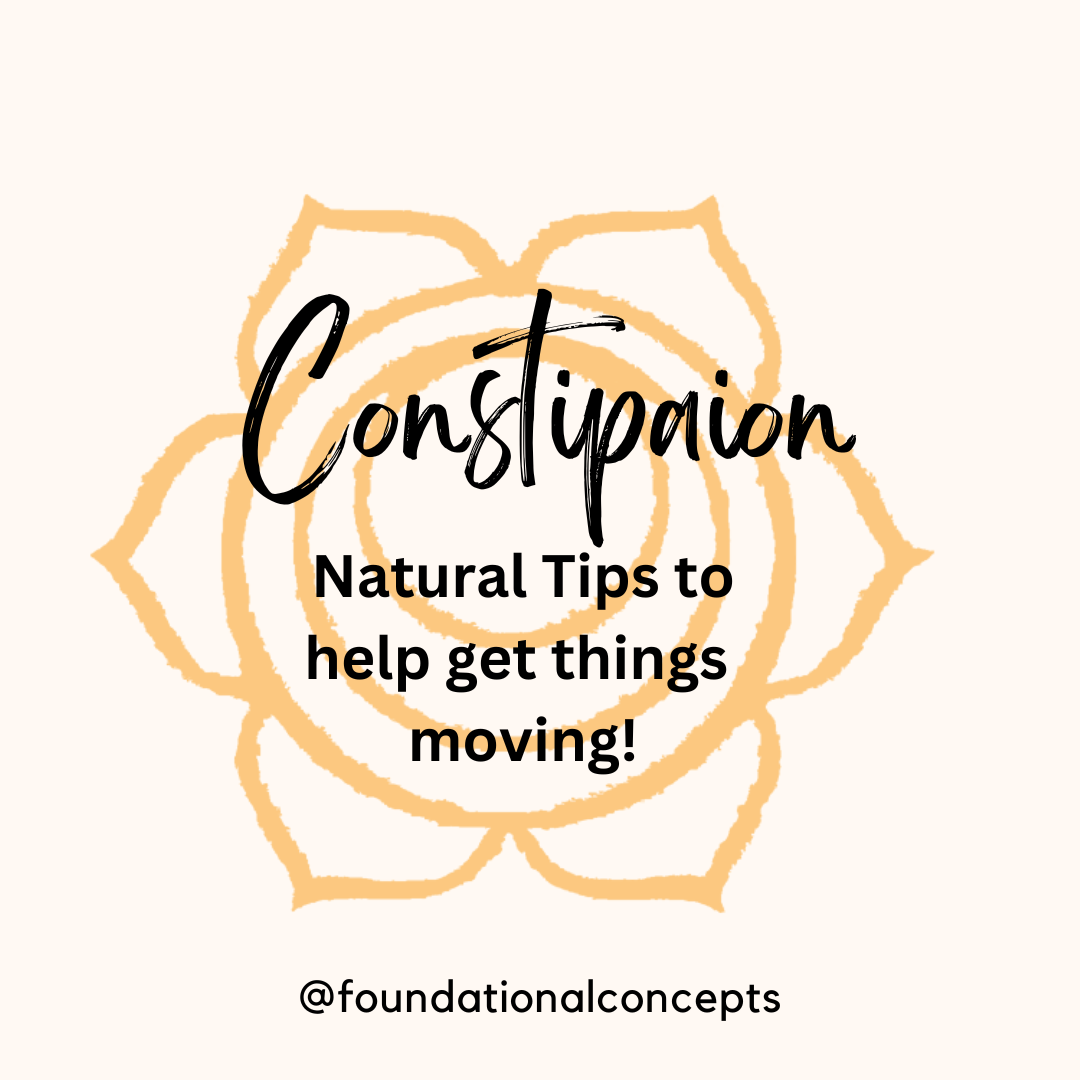Nutrition plays such an important role in our pregnancies and post-partum periods. Breastfeeding requires time…
Sleep is Elusive.
Sleep is elusive. Balancing life responsibilities, leisure activities and sleep seems nearly impossible. Even if I make it to bed in a timely fashion, my brain oftentimes works overtime, and falling to sleep is challenging.
I am not alone in facing this problem. More than 25% of the U.S. population report occasionally not getting enough sleep, and nearly 10% experience chronic insomnia.1 Insomnia is characterized by an inability to initiate or maintain sleep.1
I am not alone in facing this problem. More than 25% of the U.S. population report occasionally not getting enough sleep, and nearly 10% experience chronic insomnia.1 Insomnia is characterized by an inability to initiate or maintain sleep.1
Sleep is a necessity though. It is not a luxury event. Sleep is imperative for our bodies and plays a critical role in immune function, metabolism, memory, and learning.1,2 The ability to learn new information is decreased following a night of poor sleep, and sleep is required after learning something new in order to process and retain the information that has been learned.1,2 Additionally, insufficient sleep has been linked to a number of chronic diseases and conditions, including diabetes, heart disease and high blood pressure, obesity, mood disorders, substance abuse and depression.1,2
The average amount of sleep required changes as we age. For example, it is recommended adults sleep at least 7-8 hours a day, however, teens should sleep 9-10 hours a day and school-aged kids at least 10 hours a day.1 There are individual variations in sleep needs as well. Whereas some individuals can easily function on 5-6 hours of sleep (not me), others may need 9-10 hours of sleep to be able to be productive.
The promotion of regular sleep is known as sleep hygiene. The following is a list of tips which can be used to improve sleep. 1,2,3
- Dim all lights one hour before bed
- Do not use your computer, tablet, or check emails an hour before going to bed
- Limit caffeine and nicotine in the late afternoon and evening
- Go to bed at the same time each night and get up at the same time each morning, even on weekends
- Make sure your bedroom is quiet, dark, cool, and relaxing
- Make sure your bed is comfortable and use it only for sleeping and not for other activities, such as reading or watching TV
- Remove all TVs, computers, and other electronics from the bedroom
- Avoid large meals before bedtime
- Avoid aerobic exercise after 6 pm
- Try meditation, diaphragmatic breathing, and/or relaxation techniques before bed
- Do not let your kids sleep with you (a pitfall for me!)
- Park your thoughts: keep a notepad and pen close to the bed and write anything lingering in your head down, so you don’t keep dwelling on it (I will be trying this).
Try a few or all of these tips, until you figure out what works best for you. Sleep is important, and making it a priority is a must for health and well-being. I too will continue to try to catch more z’s!
-Christina Wisdom PT, DPT, OCS, CLT
1. CDC – Sleep Home Page – Sleep and Sleep Disorders. Cdcgov. 2016. Available at: http://www.cdc.gov/sleep/index.html. Accessed April 14, 2016.
2. Benefits of Sleep | Healthy Sleep. Healthysleepmedharvardedu. 2016. Available at: http://healthysleep.med.harvard.edu/healthy/matters/benefits-of-sleep. Accessed April 14, 2016.
3. Butler D, Moseley G. Explain Pain. Adelaide: Noigroup Publications; 2003.





This Post Has 0 Comments